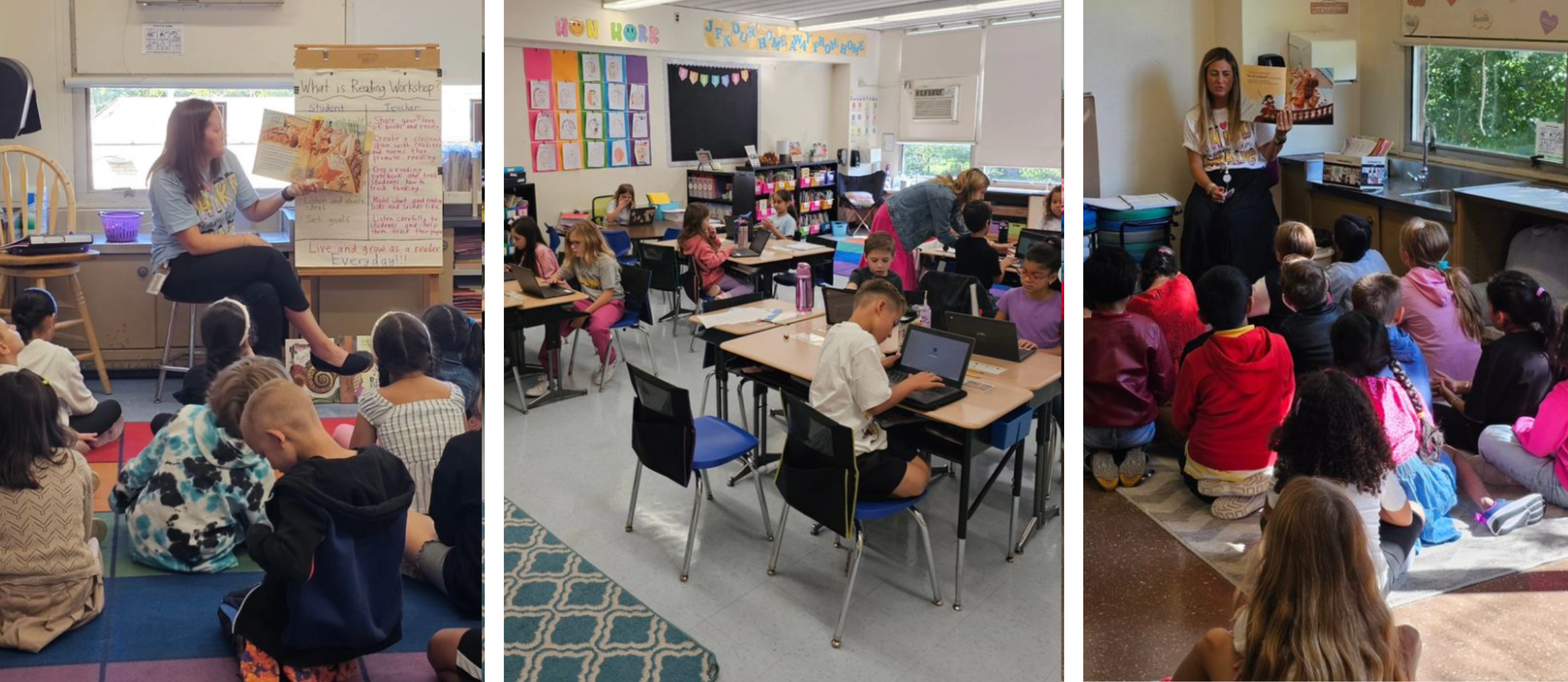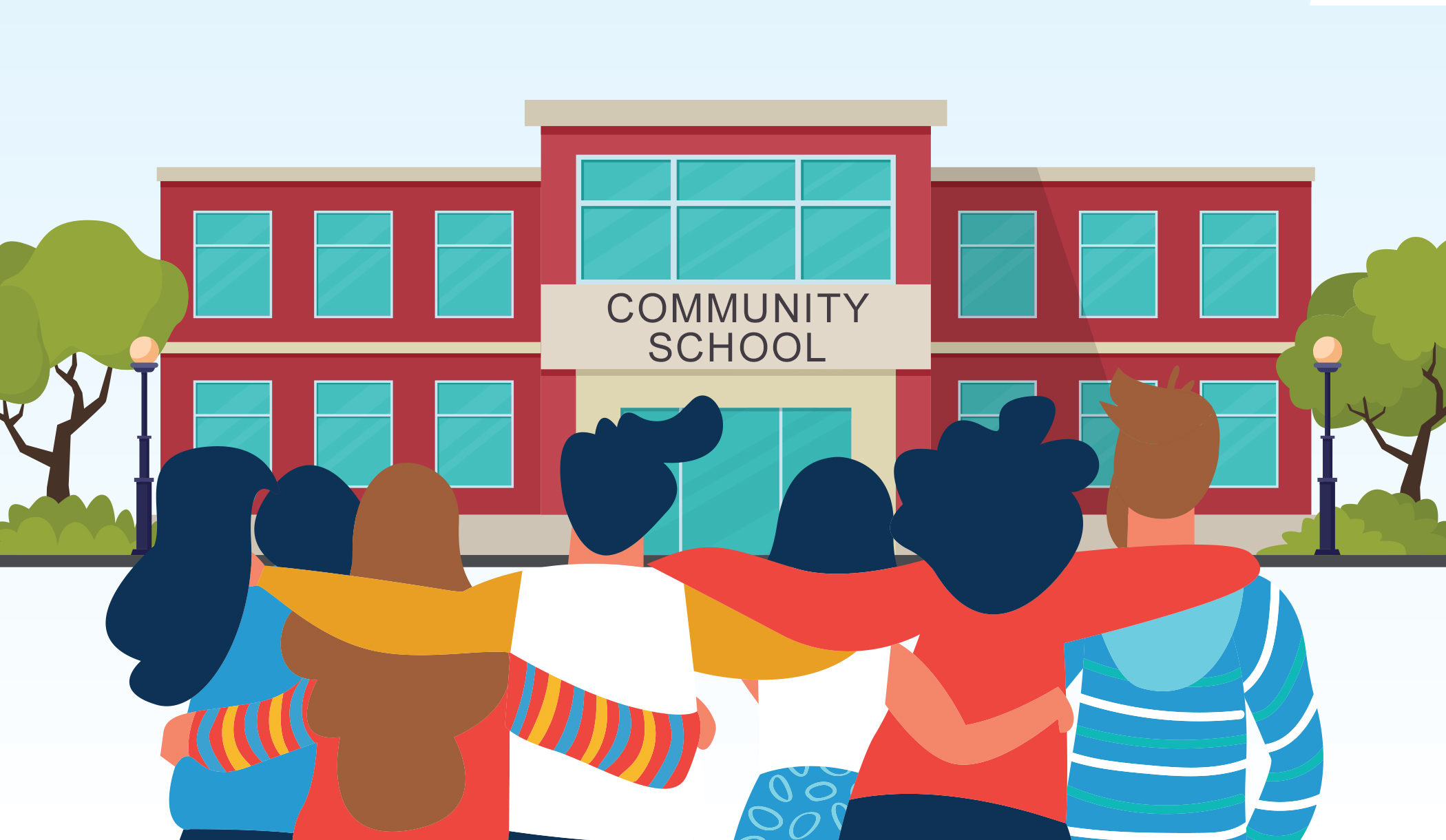Check Out the Obstacles Encountering Our Community: Save Temecula Schools
Check Out the Obstacles Encountering Our Community: Save Temecula Schools
Blog Article
Recognizing the Significance of Colleges in Child Growth and Community Development
Schools' engagement with local communities with service-learning initiatives strengthens the bond between family members and academic organizations. This symbiotic partnership underscores the importance of schools in supporting active citizenship and lifelong learning habits.
Academic Accomplishment
Academic accomplishment serves as a cornerstone of kid advancement, offering the foundation whereupon future understanding and success are constructed. Institutions play a critical function in fostering this academic growth, providing organized environments where youngsters can acquire essential understanding and cognitive skills. Standardized educational program make sure that trainees gain proficiency in core subjects such as mathematics, scientific research, and language arts, which are essential for both college and professional possibilities.
In enhancement to passing on essential scholastic skills, colleges additionally grow vital thinking, analytical capabilities, and intellectual inquisitiveness. These cognitive proficiencies are essential for browsing complicated real-world scenarios and adapting to the ever-evolving demands of the modern work environment. Teachers, as facilitators of discovering, use varied pedagogical methods to satisfy diverse understanding styles, consequently optimizing individual pupil potential.
Additionally, academic success is closely linked to self-worth and motivation. Youngsters that experience academic accomplishments are most likely to develop a positive self-concept and a long-lasting interest for learning. Schools likewise provide numerous resources, such as libraries and technology, which additionally boost the educational experience and prepare students for a highly innovative society.
Social Skill Growth
Beyond academic achievement, the function of institutions in social ability development is important. Schools work as a main place for children to learn and exercise necessary social abilities such as conflict, communication, and cooperation resolution. In the organized atmosphere of a classroom, students interact with peers, teachers, and various other institution personnel, using numerous chances to develop these essential capacities.
Reliable social skill growth in schools is facilitated via group tasks, collaborative tasks, and extracurricular programs. These communications aid pupils comprehend social norms, build empathy, and cultivate a feeling of neighborhood. Team tasks educate trainees how to function together in the direction of a typical goal, pay attention to different viewpoints, and navigate arguments constructively.

The farming of social skills during school years lays a foundation for future individual and professional relationships. Save Temecula Schools. As students mature, the capability to effectively interact and team up comes to be increasingly vital, emphasizing the school's important function in all natural child growth
Direct Exposure to Diversity
Exposure to variety in colleges is basic to cultivating an inclusive way of thinking and widening students' perspectives. Schools act as a microcosm of the broader society, and running into varied societies, languages, and socioeconomic histories within this atmosphere outfits pupils with important skills for navigating a significantly globalized world. This exposure motivates empathy, lowers prejudices, and promotes mutual regard amongst peers.
Study suggests that trainees that connect with peers from varied histories show better analytical skills and creative thinking. This understanding of diversity prepares trainees for future workplaces that worth multicultural capability - Save Temecula Schools.

Community Engagement
The advantages of varied class extend beyond the college walls, promoting a solid feeling of neighborhood engagement amongst pupils. By interacting with peers from various cultural, socioeconomic, and ethnic histories, trainees get a more comprehensive viewpoint and a recognition for variety. This exposure encourages them to become active citizens who are willing to contribute favorably to their areas.
Colleges that highlight area involvement often include service-learning projects, which enable students to deal with real-world problems while applying scholastic skills. These jobs not just boost students' understanding of their coursework however likewise instill a feeling of responsibility and compassion. Collaborations between schools and regional companies give trainees with chances to participate in area events, better solidifying their role as proactive area members - Save Temecula Schools.
In addition, parental and area involvement in institutions strengthens the bond in between academic institutions and the neighborhoods they serve. They create a joint setting that profits all stakeholders when colleges open their doors to community occasions, workshops, and volunteer opportunities. recommended you read This shared support group makes certain that students obtain holistic development, preparing them to come to be all-round people who contribute and value to their areas. With these initiatives, colleges play a critical function in supporting community interaction and cultivating social development.
Lifelong Knowing Routines
Creating long-lasting discovering habits is essential article for a child's constant growth and versatility in an ever-changing world. Institutions play an essential duty in instilling these behaviors by creating a setting that cultivates inquisitiveness, critical thinking, and a love for knowledge. Through diverse educational programs and after-school activities, teachers motivate pupils to check out various topics, examine information seriously, and use their discovering to real-world situations.

In addition, schools supply an organized environment where kids can create self-discipline and time administration abilities, both of which are essential for constant learning. By highlighting the relevance of setting goals, assessing progression, and adjusting strategies, universities prepare trainees to browse the intricacies of adult life, ensuring they stay long-lasting students and contributors to society.
Conclusion
To conclude, institutions are crucial in fostering youngster advancement and area development by providing environments conducive to academic achievement, social ability growth, and direct exposure to variety. Via collective tasks and interactions, institutions enhance vital thinking, empathy, and communication abilities. Community engagement initiatives further strengthen the bond in between academic institutions and regional neighborhoods. Ultimately, institutions cultivate long-lasting understanding behaviors, furnishing individuals with the needed expertise and abilities to contribute positively to culture.
In the organized environment of a classroom, pupils communicate with peers, educators, More about the author and other college staff, using countless opportunities to create these critical capacities.
In essence, direct exposure to variety within schools not only improves specific students however additionally strengthens the social material of the area as a whole.
The benefits of varied class extend beyond the institution wall surfaces, promoting a strong sense of neighborhood involvement among students.Institutions that emphasize area engagement typically include service-learning tasks, which allow pupils to attend to real-world problems while applying academic skills. Partnerships in between colleges and local companies provide pupils with opportunities to participate in community occasions, even more strengthening their duty as proactive community participants.
Report this page